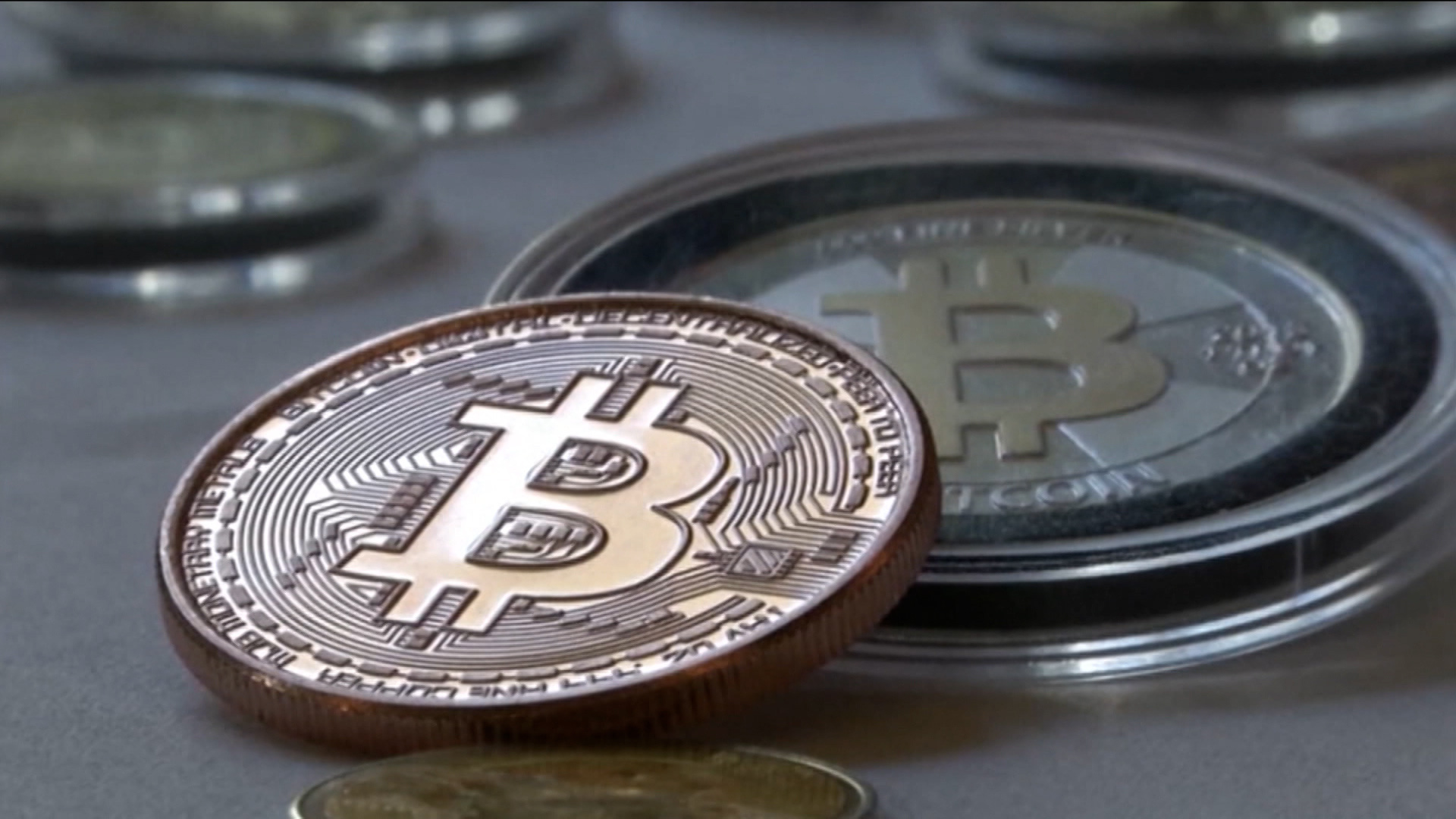Spanish Police Uncover $32.6M Bitcoin Scam in 36 Countries

As part of a large-scale digital fraud campaign, Spanish police discovered a huge Bitcoin scam defrauding 3,600 individuals in 36 countries. In the Bitcoin fraud investigation, The con artist took $32.6 million through dishonesty with Bitcoin investors. This event emphasizes how easily users of Bitcoin worldwide are prone to dishonesty and fraud.
Madrid, Murción, and Málaga criminals committed fraud using a Bitcoin scam. On a fake investing portal, scammers guaranteed 300% annual returns. Driven by these promises, people bought Bitcoin but struggled to get their money back. The pyramid scheme was a fraud since buyers could obtain their money back.
After almost three years, Spanish police discovered eight main thieves. To track the criminals and get their money back, police confiscated five motorcycles, twelve luxury cars, and seventy-three bank accounts. Although their arrest triumphs against crypto-related crime, the fraud’s scope reveals the market’s volatility.
Scam’s Worldwide Effect
This hoax was used to perpetrate cross-border bitcoin fraud in 36 nations. Though it happened globally, Spanish fraudsters tricked about 2,700 people. This reveals how insane people are about Bitcoin and how dangerous untested technologies are to invest in.
Investors find it more difficult to identify fake Bitcoin offers as fraudsters become more clever. Though blockchain technology has many advantages, its anonymity and decentralizing power let criminals operate worldwide. To safeguard their citizens, governments worldwide demand stricter limits on bitcoin markets.
Law enforcement will investigate Bitcoin fraud more
After a thorough investigation, Spanish officials found the scam. Tracking transactions, authorities from banks, police, and cybersecurity professionals discovered fraud and identified the offenders. This seizure suggests that financial institutions and governments monitor the Bitcoin trade to prevent illegal behavior.
Due to scams using cryptocurrencies, global rules have become stricter. Spain and other European countries are developing plans to eradicate this behavior. New and difficult to control are blockchain and distributed finance (DeFi). To stop bitcoin theft, governments are juggling fresh ideas with safety.
Complete Study on Cryptocurrency Scams
This one is among countless worldwide coin scams. In 2024, Ponzi frauds, rug pulls, and exchange breaches cost crypto owners $10 billion. Big projects like BitForex’s $56.5 million rug grab show the force of lying.

Targeting consumers who are ignorant of the risks or afraid of losing money from the fast expansion of the bitcoin industry, scammers aim to Target gullible investors hoping to profit from market swings. Scammers present quick and large profits. These scams shame the Bitcoin sector and cost victims a lot of money.
Does this fraud impact Bitcoin?
Although there is general fraud in the market, personal frauds have nothing to do with Bitcoin. Bitcoin’s price is influenced by institutional curiosity, acceptance, and macroeconomic considerations. Frequent frauds, however, can make investors lose confidence in Bitcoin and lead to price volatility. Low trade volume could influence Bitcoin values if investors avoid it because of fraud.
Popularity and strength imply a long-term market route for Bitcoin. The value of Bitcoin remains constant even if large banks and asset managers invest in it. The upcoming halving event will strengthen Bitcoin’s financial situation since it lowers mining payouts and increases pricing.
Though hacked, Bitcoin is still valued as digital gold. Bitcoin’s freedom, security, and limited supply will keep it at the top of the crypto market, even if tales of fraud lower interest.
How might crypto enthusiasts prevent fraud?
Increased bitcoin frauds call for careful investing. Before you invest, be sure the instrument of investment is real. Investors should confirm the transparency and financial power registration of sites.
Remember not to fall for boasts of rapid riches. Bitcoin fraud investigation, Steer clear of sites offering large returns without any risk; they could not be legal. Scammers use inflated statements to gain investors’ faith.
Investors should be alert to requests for unsolicited remote wallet or device access. Spyware that takes money is installed using social engineering techniques, such as posing as well-known companies. Two-factor authentication and hardware wallets lower internet fraud.
The FTC and other financial authorities advise against investing in too-good-to-be-true products. Bitcoin fraud investigation, Officials stress investor education because it helps people spot Bitcoin fraud.
Last thoughts and next ideas
The $32.6 million Bitcoin fraud probe conducted by Spanish authorities emphasizes the dangers of using Bitcoin. The operation indicates that police are becoming better at spotting crypto frauds, so investors should be alert.
As bitcoin frauds evolve, we need more security, government control, and investor knowledge. Bitcoin Struggles Below, Leaders in blockchain technologies and governments must draft basic laws protecting investors without postponing progress.
Notwithstanding its past of scams, Bitcoin is still valuable. Though criminals can stop it, blockchain technology and Bitcoin support normal banking. Though risky, cryptocurrencies are rewarding, so investors should do their homework, verify their figures, and act accordingly.
